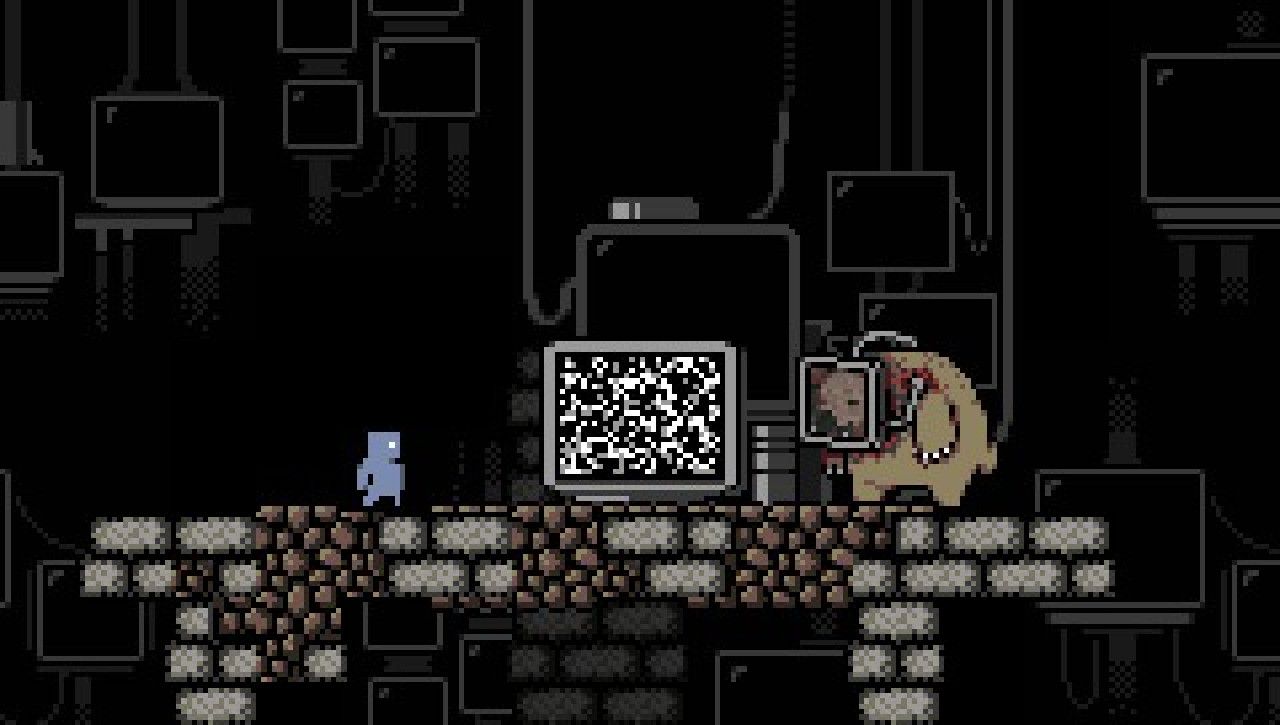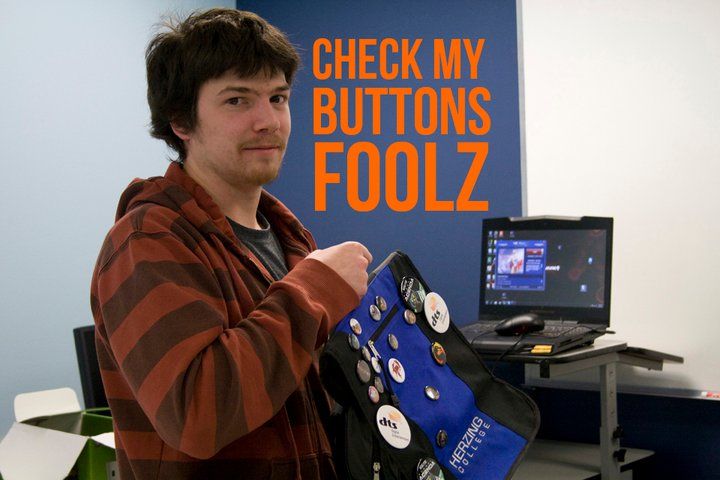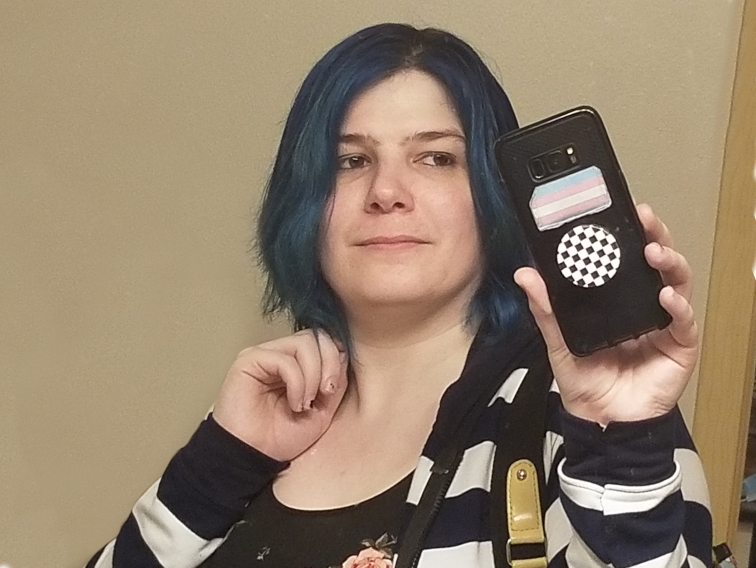
suteF Ten Years Later
Content Warning: Depression, Suicidal Ideation
suteF released on December 28th, 2010, a mere 3 days before the end of the year. I didn't know it, but this game came to define so much about me. It can be overwhelming to revisit.
I remember that I was spending my holiday vacation at my parents at a time which happened to fall between my last two semesters of college. I'm not certain what finishing touches I was working on, but I recall scrambling to actually complete the game because I literally forgot that I was releasing it soon.
I don't have many memories of what happened in the three months before that.
Most of the memories are only really according to events that happened or what people explained to me later. To give an example, it's a fact that I submitted suteF to IGF in October of that year, and there is a picture that was taken of me at Street Fighter club that same day (meaning it was probably a Thursday?). All of my problems were reaching their peak when I was about to release my great work – and is probably why I don't remember much of that time.

Over the years since its release, suteF has weighed heavily on me. My memories of what happened after releasing the game are clearer though, and it's easy to see that the game's themes, atmosphere, and my memory loss was a manifestation of my severe depression and being closeted-trans. I was also a complete asshole because trying to hide these things from people poured out of me in the form of anger and callousness.
This is where my feelings become overwhelmed. Not only was I thinking about things like this:
"Could I ever make something so well received again?""I don't want to only make games like suteF for the rest of my life.""Why didn't I figure out a way to release it commercially?"
I was also grappling with the positive outcomes originating from negative places:
"Do I have to be depressed or closeted to make good work?""Does being out mean no one will care about my work?""Is being a callous asshole the only way to succeed in games?""Was having a god complex what took for me to finish things?"
The answers to the latter questions all turn out to be "No," but I had to learn that slowly over time. The net effect was that I had to struggle for years thinking that my success was due to the flawed "tortured artist" narrative that pervades creative work, i.e, the suffering was the only thing making the art "good." All of these things are what make my relationship with suteF so complex.
If suteF was something so great, why did I suffer so much making it?
After the game released, I became all grown up and had professional work with a salary from game companies, like so many people expect you to. After being asked politely by several people to seek help with my depression and anger, I eventually did. After the depression wall started crumbling, it started a chain-reaction that ripped down the multitude of walls I built within myself; two years later, I came out as trans and started transitioning, began learning what it meant to be an actual person who had emotions, and worked a lot on my anger issues.

The short version of that evolution is that I became a completely different person to the one who made suteF. I needed to spend these past 10 years (and many more in the future) working on my biggest project: myself.
There is no big splash for that kind of project. You're just working day to day, month to month — trying to track things about yourself that are succeeding or failing and adjust them. The only rewards are personal satisfaction and wisdom.
Growing as a person can mean a lot, but it can feel like you've wasted a lot of time fixing your broken self instead of creating. I didn't capitalize on my success, I stopped using Twitter, I didn't release a personal game until five years after suteF.
But — it's important to realize that without working on myself, there was no way I could have capitalized, used Twitter right, OR released a personal game AT ALL. There is a good chance I may have tried to kill myself by walking in front of a bus, could have been an asshole one more time and lost my job, or could have become a violent person. At best, I wasn't going to realize anything deeper about myself or my truth.
I feel the primary thing I learned in the last ten years is that I can exercise my demons and still have my insatiable drive to create games.
My newest demon is an existential one; I have a belief that if no one remembers my work after I'm long dead, I will have lived a pointless life. I'm basically screaming to be heard in one way or another. However, because of the work I've put in on myself, I have the weapons to fight that battle. Sometimes, I imagine myself trying to take it on without them, and I shudder to think how poorly I would take it.
Ultimately, few people may even remember suteF, but there are certainly some. I even have a close friend who played it independent of knowing me and becoming friends. It's touching that I managed to create something that spoke to people, whether or not my relationship to the game is complicated.
When the Stones Spoke may have the same impact as suteF, but even if it doesn't, it'll be made by me.